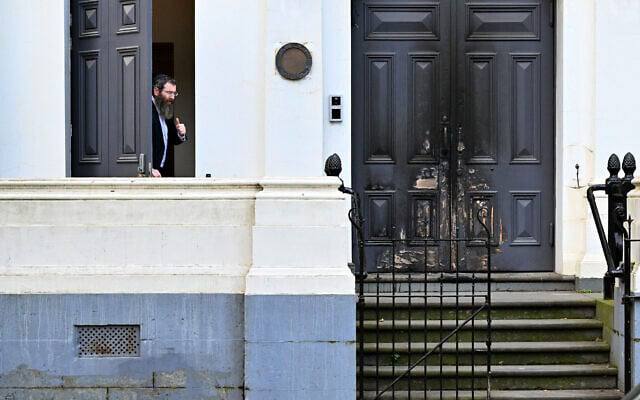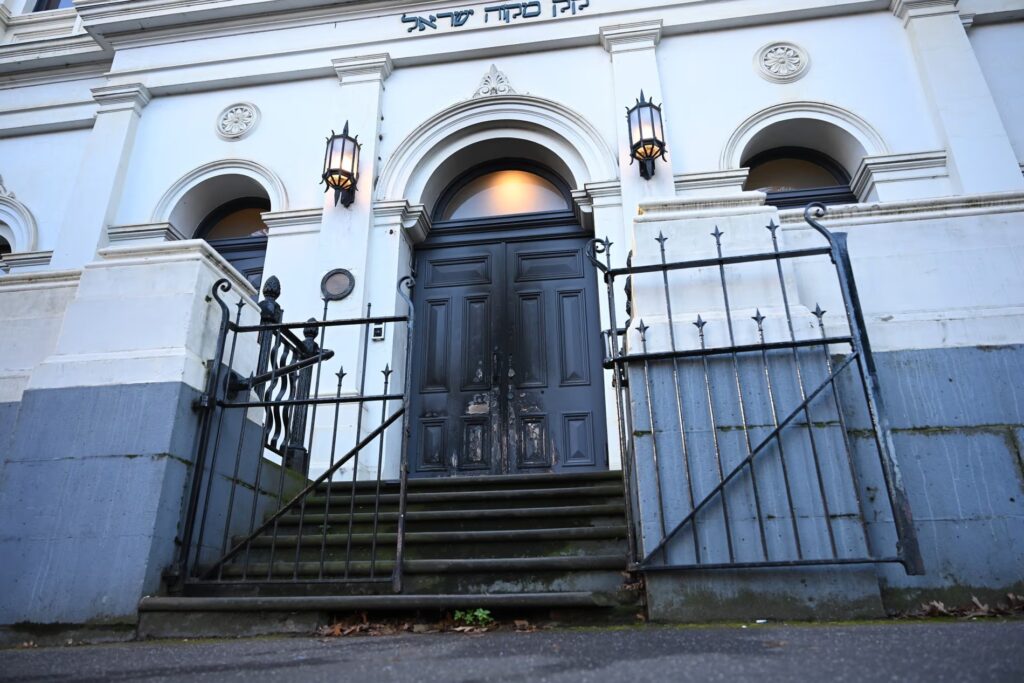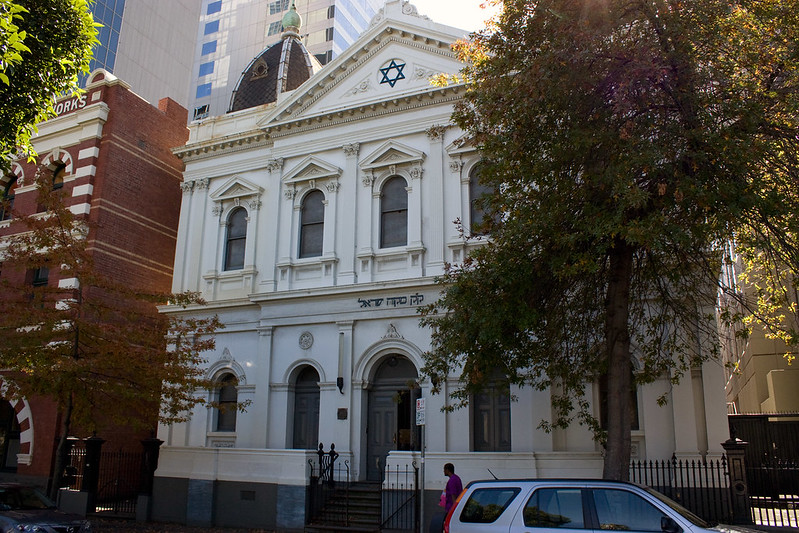UPDATES
Economies wilting in Arab Spring
July 26, 2011 | Daniel Meyerowitz-Katz

There are very few who will deny that democracy is of great value to the people living within a democratic society; certainly, overthrowing dictatorships often comes at a great cost – which, hopefully, will be offset by the benefits of outcome. What seldom comes to the fore is precisely what this cost entails. To tackle this problem, Foreign Policy researcher Ty McCormick has attempted to put a dollar value on the democracy efforts within the Arab Spring – observing that the unrest has caused numerous economic blows to the countries in which uprisings have occured.
The economies of Egypt, Jordan, Lebanon, Morocco, Syria, and Tunisia are projected to shrink by a collective 0.5 percent this year, reversing 4.4 percent growth in 2010, according to a report published by the Institute of International Finance in May. In Yemen and Libya, which are still in turmoil, the numbers will likely be worse; and the growth forecast for the North African region as a whole has fallen from 4.5 percent in 2010 to less than 1 percent this year, according to the African Central Bank.
Even among the Gulf Cooperation Council (GCC) countries, some of which enjoyed revolution-induced oil windfalls, the Arab Spring has produced economic losers. Bahrain, in particular — which sent capital and bank employees scuttling when it violently quelled protests, killing at least five demonstrators, and declared a three-month state of emergency earlier this year — could potentially forfeit its position as one of the region’s financial hubs. As Marina Ottaway, director of the Middle East Program at the Carnegie Endowment for International Peace, told Foreign Policy, many of the international banks that were headquartered in Bahrain “have just pulled up and gone. And they are probably not going to come back.”
The economic woes are particularly ironic, given that, as prolific Middle East scholar Fouad Ajami wrote recently in The Wall Street Journal, economic difficulties may have been theprimary cause of the uprisings in the first place. Citing Austrian economist F. A. Hayek, Ajami observes that centralised economies and corrupt dictators with kleptocratic tendencies led to an extremely disproportionate distribution of wealth within the Arab world. This, he argues, is a natural result of a totalitarian society.
In his 1944 masterpiece, “The Road to Serfdom,” Hayek wrote that in freedom-crushing totalitarian societies “the worst get on top.” In words that described the Europe of his time but also capture the contemporary Arab condition, he wrote: “To be a useful assistant in the running of a totalitarian state, it is not enough that a man should be prepared to accept specious justification of vile deeds; he must himself be prepared actively to break every moral rule he has ever known if this seems necessary to achieve the end set for him. Since it is the supreme leader who alone determines the ends, his instruments must have no moral convictions of their own.”
As Ajami goes on to note, the results of ther economic policy eventually caught up with the Arab regimes.
But a decade or so ago this ruling bargain-subsidies and economic redistribution in return for popular quiescence-began to unravel. The populations in Arab lands had swelled and it had become virtually impossible to guarantee jobs for the young and poorly educated. Economic nationalism, and the war on the marketplace, had betrayed the Arabs. They had the highest unemployment levels among developing nations, the highest jobless rate among the young, and the lowest rates of economic participation among women.
Alarmingly, the regimes that were fortunate enough to emerge relatively unscathed by this wave of unrest do not appear to have learned their lesson. Writing in The Huffington Post, Hani Almadhoun has depicted a policy that a number of these rulers seem to have adopted of hosting major music and cultural events in a bid to distract their people from the economic anguish that they continue to suffer.
This has been the policy of many politicians and leaders in the Arab world: keep the people distracted, give the young people something fun to do. Get them excited about it, bring them into that stadium and bombard them with propaganda about the most awesome leader and his patronage for the arts and how much he specially cares for the youth. Another purpose such concerts serve is that they are marketed as a tourist attraction, when in reality little or no tourists attend such events.
… As the summer reveals, the Arab rulers are hell-bent on dancing till the music stops. A painkiller of sorts, but ultimately those things do not work forever. There are real problems in those countries that not even the A-list Lebanese singers can address. Leaders should lead by creating jobs, not throwing parties and becoming concert promoters.
Distraction and scapegoating have served Arab leaders well for decades, but it is doubtful whether this will continue to secure their grip on power. When decades of neglect have caused economic stagnation to the extent that massive swathes of the population remain unemployed and hungry, it is unlikely that rock concerts will satisfy these desperate people.
As Ajami concludes, the unfortunate reality is that a significant proportion of the Arab people have yet to see the link between economic freedom and increased prosperity, even though this is the primary motivation behind the uprisings.
In Yemen, a schoolteacher named Amani Ali, worn out by the poverty and anarchy of that poorest of Arab states, recently gave voice to a sentiment that has been the autocrats’ prop: “We don’t want change,” he said. “We don’t want freedom. We want food and safety.” True wisdom, and an end to their road to serfdom, will only come when the Arab people make the connection between economic and political liberty.
Daniel Meyerowitz-Katz
Tags: Middle East





